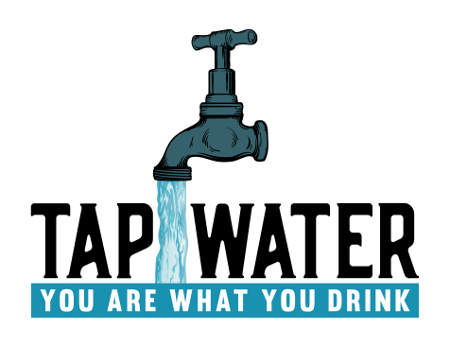
Can I drink the tap water?
How good is the tap water in Guimaraes, Portugal ?
All in all, 67% of folks here drink from the tap.
How good is the tap water in all of Portugal?
All in all, 46% of folks here drink from the tap.
Can you drink the tap water in Guimaraes then?
What residents and travelers say
Experiences with tap water in Guimarães reflect a generally positive assessment of the municipal supply, though some nuances exist depending on exact location and personal sensitivity to taste. Many locals report that the water is safe for drinking directly from the tap, with a clean and neutral flavor typical of well-maintained urban supplies. However, some visitors and residents note a mild mineral taste or occasional slight chlorine smell, which can vary by building and neighborhood based on plumbing and water source changes.
Regarding water filtration, use of filters is not universally necessary but is common in certain households aiming to improve taste or reduce hardness. Anecdotal evidence suggests that in older buildings with aging pipes, residents may prefer using basic carbon filters to enhance palatability and perceived purity. Conversely, newer developments often have water considered perfectly fine without additional treatment.
Refilling reusable water bottles from the tap is generally accepted and practiced, especially by environmentally conscious locals and tourists informed about the city's water quality standards. Nonetheless, travelers often lean on bottled water, partly due to caution and personal preference. It’s worthwhile to recognize that specific micro-neighborhoods might experience occasional fluctuations in taste or clarity due to maintenance or supply shifts, but these are not reported as widespread or persistent issues.
- Tap water in Guimarães is mostly safe and tastes neutral to mildly mineralized.
- Filter use tends to be more common in older buildings or among those sensitive to taste variations.
- Refilling bottles from the tap is common among locals, reflecting confidence in water safety.
- Visitors sometimes prefer bottled water out of habit or caution.
- Neighborhood variability exists but is typically minor and not indicative of health risks.
For those seeking official guidance or confirmation about water quality in Guimarães, it is recommended to consult Águas do Norte and Direção-Geral da Saúde (DGS). Additionally, broader regulatory context and monitoring updates can be found via the European Union - Water Quality portal and Ministério do Ambiente e Ação Climática.
Further reading on tap water in Guimaraes
To verify the current quality and any advisories related to tap water in Guimarães, start by visiting the official website of the municipal water utility or the regional health authority. You may also consult Portugal's national Ministry of Environment and Climate Action or the Directorate-General of Health (DGS) for up-to-date information. International organizations such as the World Health Organization (WHO) and European Union water quality portals provide broader regulatory standards but may not have real-time updates. Additionally, the official social media profiles of these entities, especially on platforms like X (Twitter), often post timely advisories regarding water safety.
- https://www.aguasdonorte.pt" rel="noopener" target="_blank">Águas do Norte
- https://www.dgs.pt" rel="noopener" target="_blank">Direção-Geral da Saúde (DGS)
- https://www.portugal.gov.pt/pt/gc21/area-de-governo/ambiente-e-acao-climatica" rel="noopener" target="_blank">Ministério do Ambiente e Ação Climática
- https://www.who.int/teams/environment-climate-change-and-health/water-sanitation-and-health" rel="noopener" target="_blank">World Health Organization - Water Sanitation Hygiene
- https://environment.ec.europa.eu/topics/water/water-quality-and-monitoring_en" rel="noopener" target="_blank">European Union - Water Quality